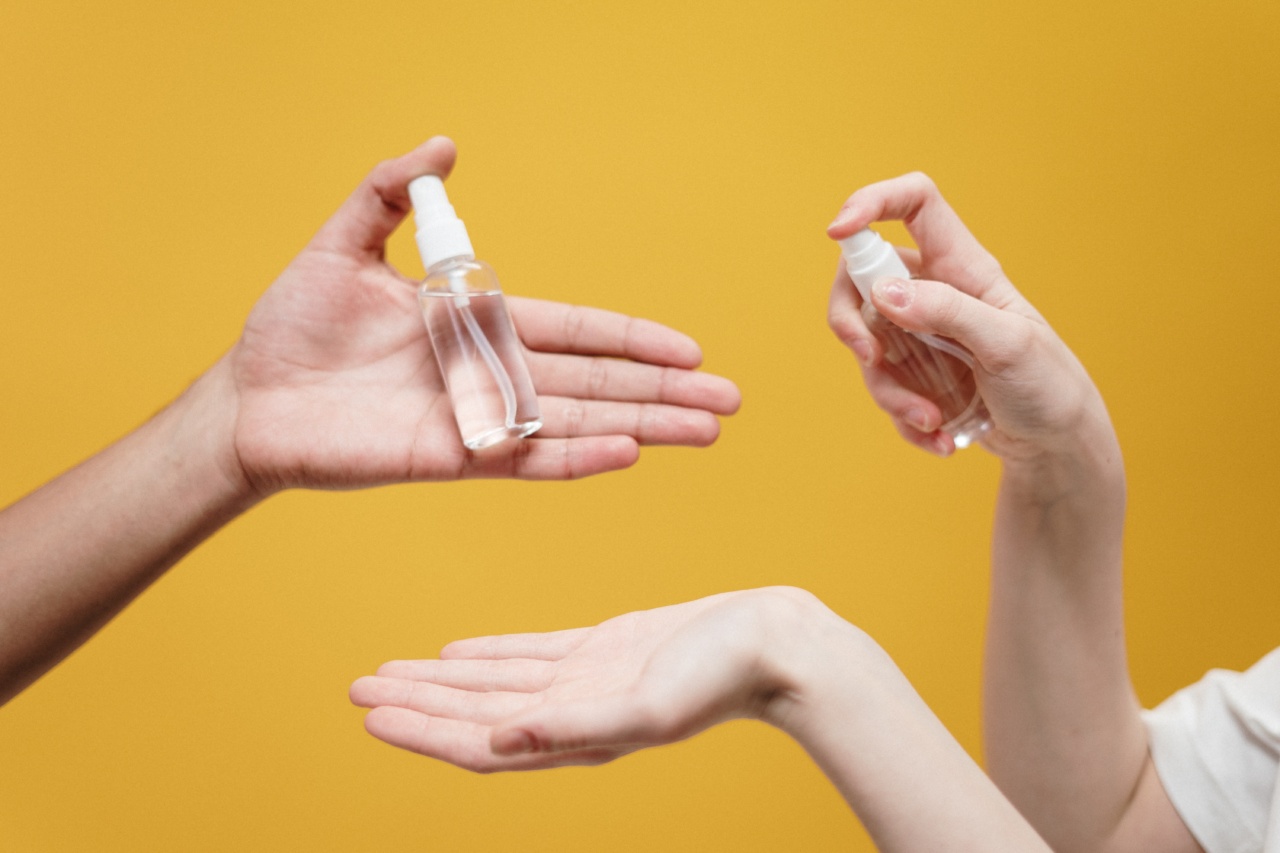Brain detoxification refers to the process of eliminating toxins and harmful substances from the brain, promoting its overall health and functionality.
The brain is a complex organ that is susceptible to various toxins, oxidative stress, and inflammation, which can negatively impact its performance. To maintain optimal brain health, it is essential to support its natural detoxification processes.
The Effects of Alcohol on the Brain
Alcohol is a commonly consumed substance that affects the brain in both immediate and long-term ways. When alcohol is consumed, it enters the bloodstream and crosses the blood-brain barrier, reaching the brain within minutes.
It binds to certain neurotransmitter receptors, influencing the release of various chemicals in the brain.
Short-term effects of alcohol on the brain include altered judgment, impaired coordination, and decreased inhibitions.
These effects occur due to alcohol’s influence on neurotransmitters like gamma-aminobutyric acid (GABA) and glutamate, which are involved in regulating mood, behavior, and cognition.
Long-term alcohol abuse can have severe consequences on the structure and function of the brain. Chronic alcohol consumption can lead to neuronal damage, shrinkage of brain tissue, and impaired cognitive function.
It can also contribute to the development of alcohol-related brain disorders such as Wernicke-Korsakoff syndrome and alcoholic dementia.
The Myth of Alcohol as a Brain Detoxifier
Some people mistakenly believe that consuming alcohol in moderation can promote brain detoxification. However, this belief is not supported by scientific evidence.
While certain compounds found in alcoholic beverages, such as polyphenols in red wine, have been shown to have potential neuroprotective effects, the negative impacts of alcohol can outweigh any potential benefits.
Alcohol is primarily metabolized in the liver, not the brain. The liver breaks down alcohol into acetaldehyde, a toxic compound that can cause DNA damage and harm various organs, including the brain.
Additionally, alcohol consumption leads to the production of reactive oxygen species (ROS), which can contribute to oxidative stress and damage brain cells.
Contrary to popular belief, alcohol does not enhance the brain’s detoxification processes. Instead, excessive or chronic alcohol consumption can impair natural detoxification mechanisms and increase the risk of brain damage.
It is important to understand that detoxification primarily occurs in the liver, and the brain relies on these processes to maintain its health and functionality.
The Safe Amount of Alcohol Consumption
When it comes to alcohol consumption, moderation is key. Alcohol guidelines vary depending on the country, but generally, moderate drinking is defined as:.
- No more than 1 standard drink per day for women.
- No more than 2 standard drinks per day for men.
A standard drink typically contains around 14 grams of pure alcohol, which is equivalent to a 1.5-ounce shot of distilled spirits, a 5-ounce glass of wine, or a 12-ounce can of beer.
It is important to note that these guidelines are not intended for individuals with certain health conditions or those taking medications that can interact negatively with alcohol.
Furthermore, for some individuals, even moderate alcohol consumption may increase the risk of certain cancers, liver disease, and other health problems.
Supporting Brain Detoxification Naturally
To support brain detoxification and overall brain health, adopting a healthy lifestyle is essential. Here are some ways to naturally enhance brain detoxification processes:.
1. Stay Hydrated
Drinking an adequate amount of water helps flush out toxins from the body, including the brain. Aim to drink at least 8 glasses of water per day to support proper hydration and detoxification.
2. Eat a Nutrient-Dense Diet
Consuming a diet rich in antioxidants, vitamins, and minerals is crucial for brain health and detoxification. Include plenty of fruits, vegetables, whole grains, lean proteins, and healthy fats in your diet.
3. Exercise Regularly
Engaging in regular physical activity promotes blood circulation, which helps deliver oxygen and nutrients to the brain. Exercise also stimulates the production of endorphins, which can boost mood and reduce stress.
4. Get Sufficient Sleep
During sleep, the glymphatic system in the brain is activated, supporting the removal of waste products and toxins. Aim for 7-9 hours of quality sleep each night to optimize brain detoxification.
5. Minimize Exposure to Environmental Toxins
Avoid exposure to environmental toxins, such as heavy metals and pollutants, which can negatively impact brain health. Be mindful of the products you use, the air quality in your surroundings, and potentially harmful substances.
6. Limit Alcohol Consumption
As mentioned earlier, excessive alcohol consumption can impair brain detoxification processes and harm brain cells. Stick to moderate drinking guidelines, or consider eliminating alcohol altogether for optimal brain health.
Conclusion
While the concept of alcohol as a brain detoxifier may seem appealing, it is important to understand that alcohol can have detrimental effects on the brain when consumed excessively.
Rather than relying on alcohol for brain detoxification, it is advisable to prioritize natural and healthy lifestyle choices to support overall brain health.
By staying hydrated, eating a nutrient-dense diet, exercising regularly, getting sufficient sleep, and minimizing exposure to environmental toxins, you can promote your brain’s natural detoxification processes and maintain its optimal functioning.





























